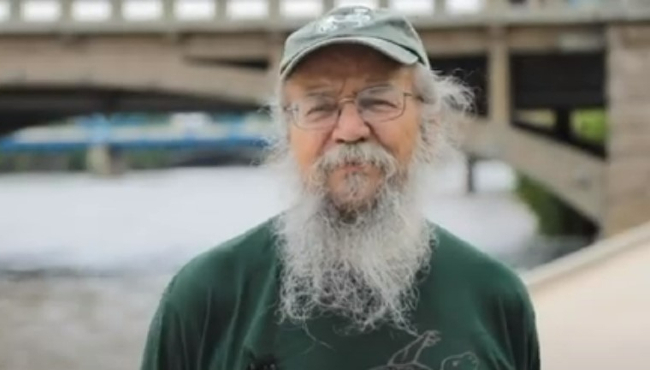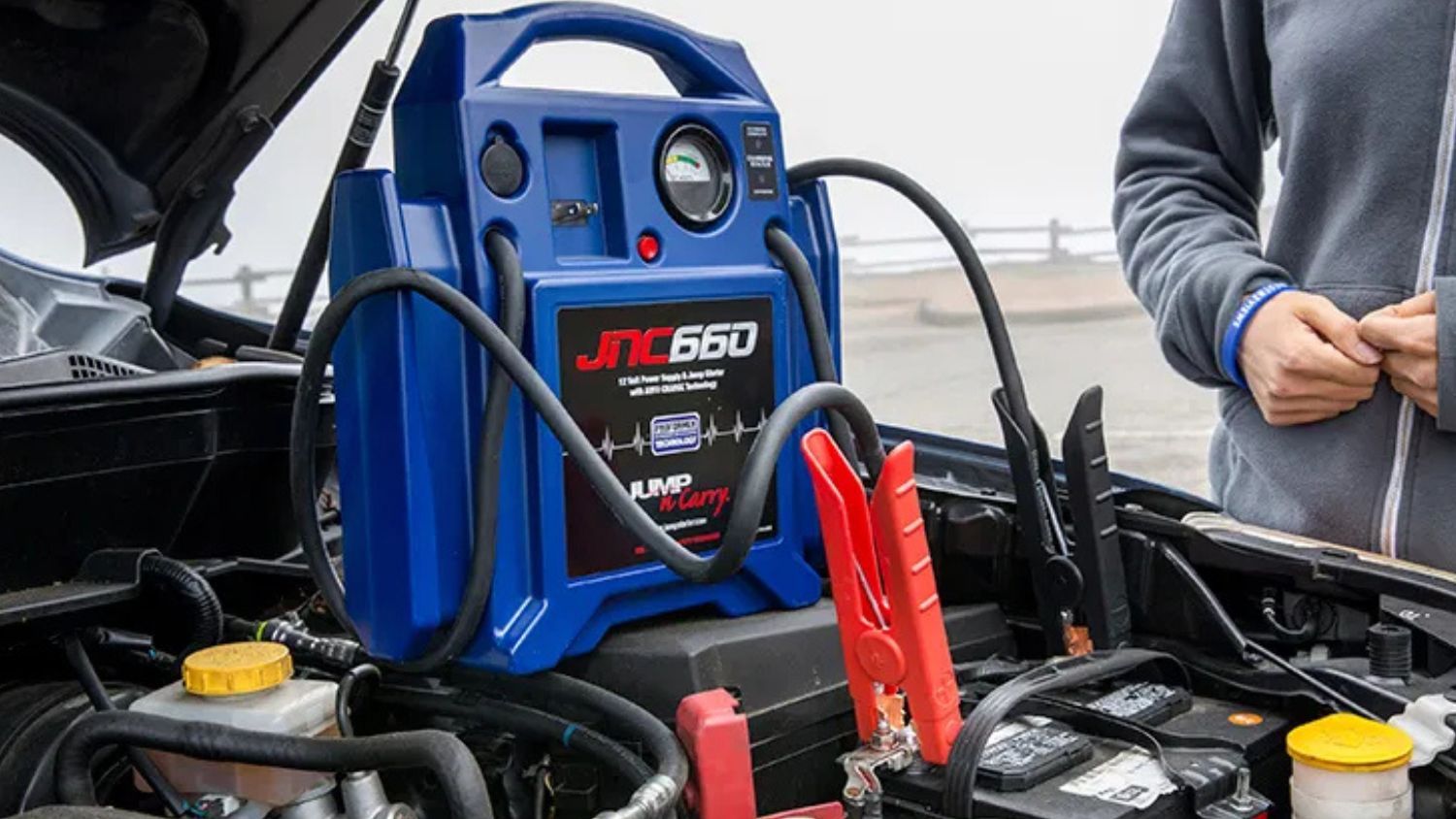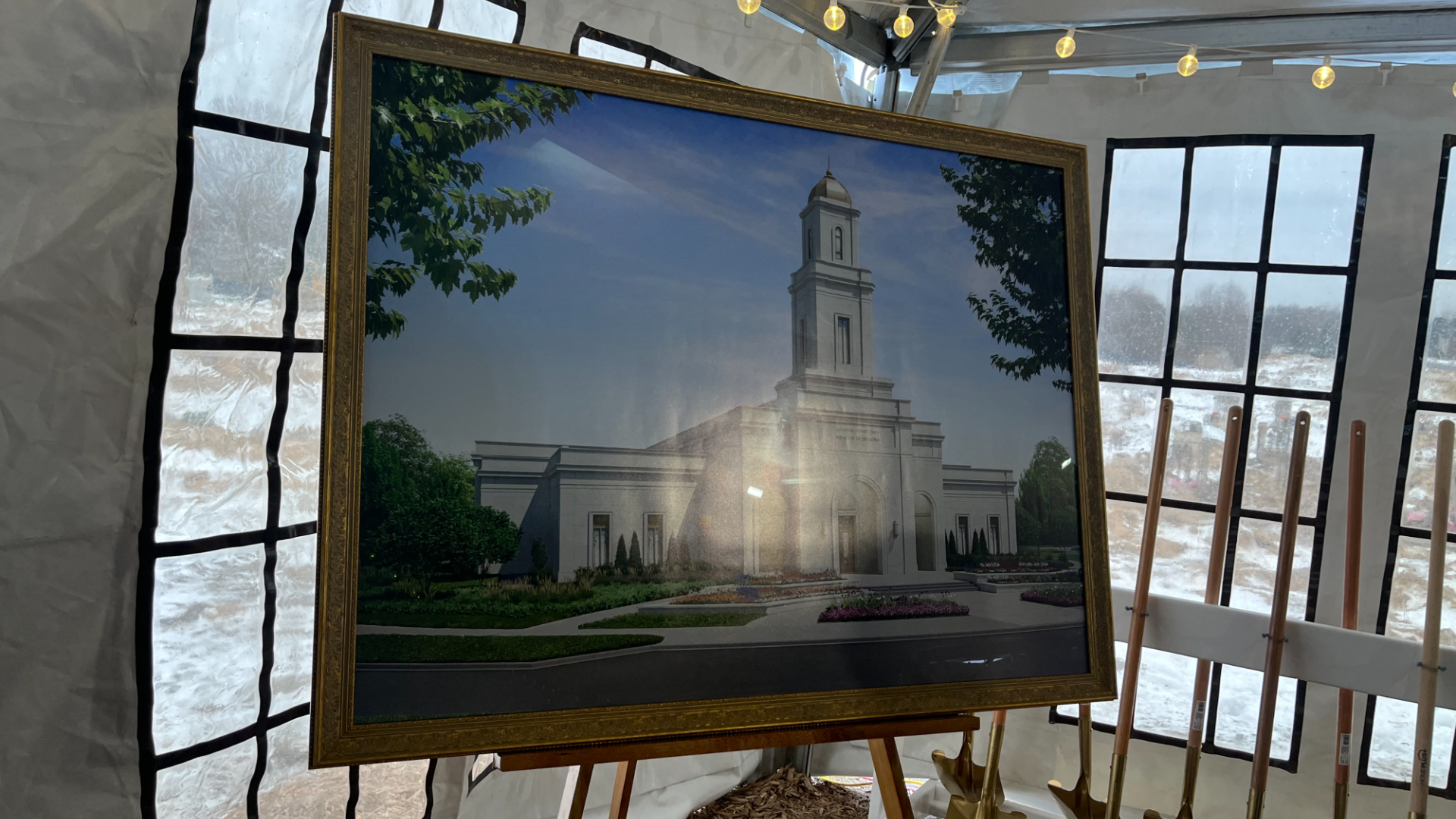GRAND RAPIDS, Mich. (WOOD) — Michigan Senators Gary Peters and Debbie Stabenow have introduced new legislation to grant federal recognition to the Grand River Bands of Ottawa Indians.
According to Congressional records, the Grand River bands of Ottawa Indians Restoration Act of 2024 was read twice and referred to the Senate Committee on Indian Affairs on Sept. 25. U.S. Rep. Hillary Scholten, D-Grand Rapids, introduced a companion bill in the House of Representatives last year.
The Grand River Bands is a sovereign nation that has certified agreements with the federal government dating back to 1795. It is comprised of 19 bands of Ottawa people who lived along the Grand River and other waterways throughout southwest Michigan. Today, most of the tribe’s membership lives in Kent, Muskegon and Oceana counties.
The tribe is recognized by the state of Michigan, but not by the Department of the Interior. Without federal recognition, the tribe does not receive federal benefits, including access to federal programs, funding, resources and the ability to exercise sovereign treaty rights. As a result, the tribe’s membership has dwindled over the years. As of 2023, the membership was down to approximately 500 members.
The Grand River Bands of Ottawa Indians first applied for recognition in 1994 and are still working their way through that process. The U.S. Department of the Interior’s Office for Federal Acknowledgement uses a strict seven-step criteria to determine whether a tribe should receive federal recognition and the benefits that go along with the title.
Peters hopes Congress can help clear a path with this bill.
“For decades, the Grand River Bands of Ottawa Indians has been working to gain federal Tribal recognition,” Peters said in a statement. “This bill would finally give them the recognition they deserve, bringing federal resources to its members and protecting their Tribal lands for future generations.”
Ron Yob, chairman of the Grand River Bands, said he is grateful for the support from Peters, Stabenow and lawmakers from both sides of the aisle who have supported their push for federal recognition.
“Our tribe is honored to be joined in this important mission by a bipartisan majority of the Michigan congressional delegation, many community organizations, other tribes and West Michigan residents. I am hopeful our tribal members will soon gain access to the resources they deserve that are afforded to federally recognized tribes,” Yob said in a statement.
While benefits are certainly a factor — benefits that Yob argues were promised in past treaties and not delivered — the fight is also about preserving the Grand River Bands’ history and ensuring its future.

“We’re trying to make it so our next generation and however many after that will be acknowledged and receive benefits that were ensured to them,” he told News 8 in 2022. “Our ancestors are recognized, but the descendants aren’t. Our children cannot participate under the Indian Child Welfare laws. I don’t care if it’s religious freedom or COVID relief. All the (federally recognized) tribes across the nation got millions of dollars in relief, and our tribe didn’t get a penny. I mean, it can go on and on.”
Nov. 7 will mark 30 years since the GRB filed for federal recognition. Yob says they have no plans on quitting.
“We’re not going anywhere. We have been here thousands of years. We are the tribe of record. We are treatied here. Our documentation shows us to be from this Grand River valley. We’re the only tribe here,” Yob said in 2022. “And for the sake of our children, grandchildren, great grandchildren and future descendants, we have to push this through for them.”











